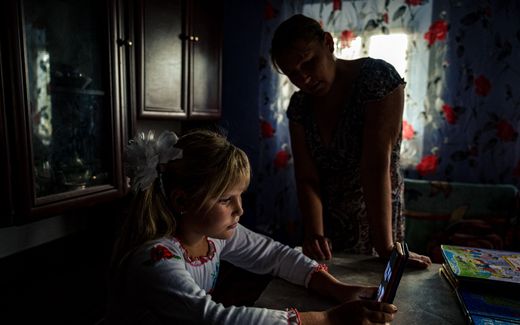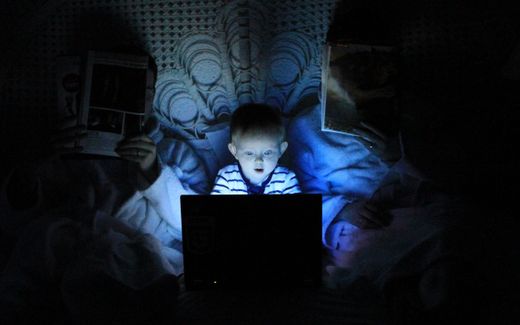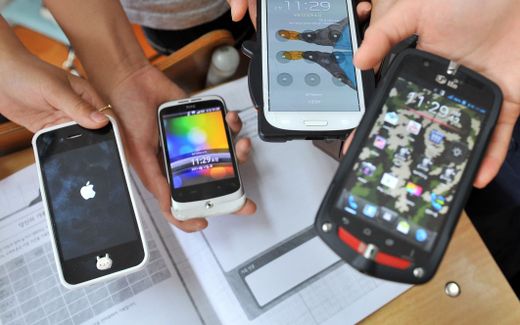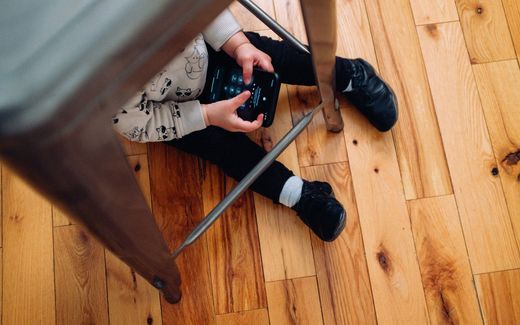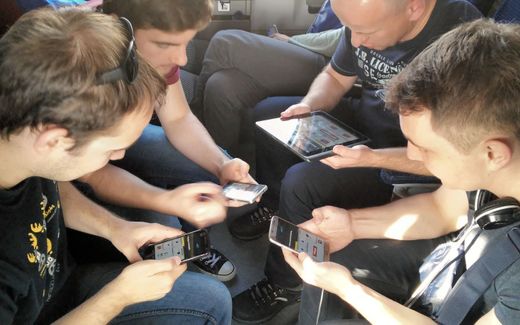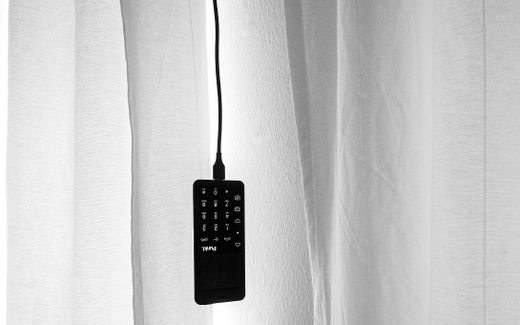Smartphone confronts children with unfiltered violence and abuse
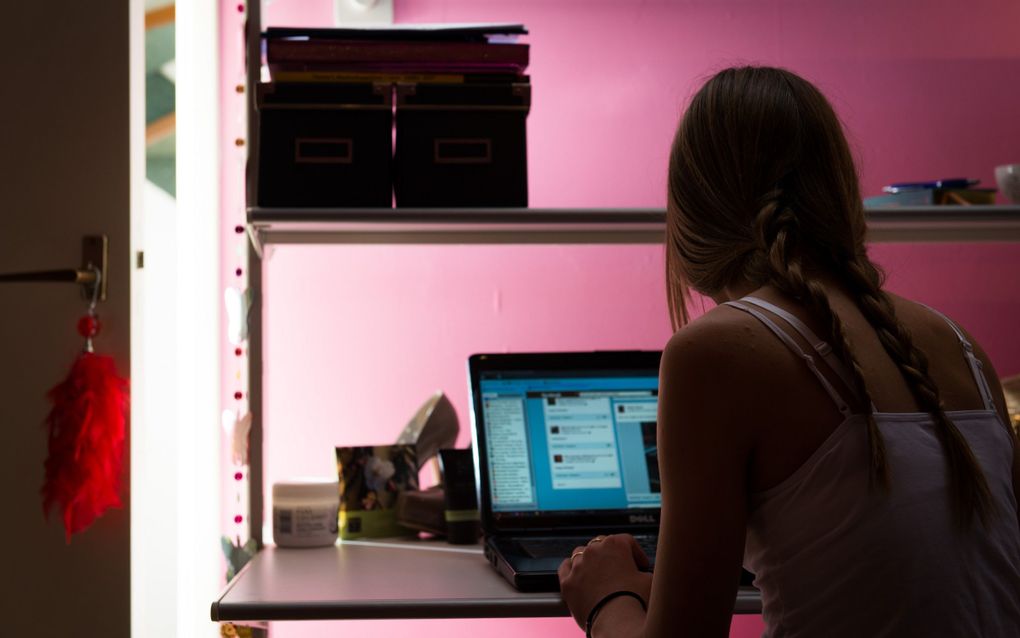
A girl is using her laptop in her bedroom. German principal Silke Müller warns against letting children use smartphones unsupervised in their bedroom. Photo ANP, Roos Koole
Christian Life
Pictures of rape, torture and racism are things we would rather avoid. Yet, many parents give their children easy access to these shocking images by providing them with a smartphone. "We are losing our children", school principal and author Silke Müller warns in a new book "Wir verlieren unsere Kinder! Gewalt, Missbrauch, Rassismus – Der verstörende Alltag im Klassen-Chat" (We lose our children! Violence, abuse, racism – the disturbing everyday in the class chat).
The German Silke Müller notices it at school: children are more and more often confronted with an unlimited stream of unfiltered explicit images that "often exceed what one can endure". Even writing down these examples was not an easy decision, she tells Die Tagespost, "because the things floating around the net by millions can also shake us adults quite a bit."
And these images are not only in the hidden places of the world wide web. Instead, they are shared by children in group chats or pop up randomly on timelines of social media, such as Reddit, TikTok and other platforms.
Müller is mostly worried about children who are confronted by this type of online content and bear that burden alone. She says the children who secretly go into their room with their mobile phones and take these things with them into their "own little mental world" are very vulnerable. And this does not only happen to children in bad relationships with their parents but also in families in which parents think their child will never do so.
To help children process violent images, Müller has set up a social media consultation hour at her school. Children who have been shocked by violent and explicit images can come to talk about their experiences, she says.
Provocative
The impact of unfiltered images on children can be devastating, she warns. Children are not only victims of explicit content but also perpetrators. "I was horrified", says Müller, "to discover that children themselves are often very provocative on the Internet."
In her book, she describes the case of 13- and 14-year-old girls who pretend to be older teenagers on a chat platform. "They purposely contacted adult men and provoked them until they sent a picture of their erect penis."
And it is not hard to do so, Müller discovered when she and some fellow teachers pretended to be teenagers on a social media platform. "It wasn't even three minutes before we started receiving contact requests from adult men."
The principal is very worried about these developments; she tells ZDF in a broadcast. She questions where the brutalisation of children comes from and where they have learned this "sexualised language and a detailed vocabulary about sexual practices", which she even sees in group chats of school classes. What children see and hear in videos, they translate into the analogue world. "For example, they talk about raping each other or each other's relatives", Müller says, adding that such language scares her a lot.
Distinction
A time limit is not the solution to online dangers, Müller believes. Instead, parents should immerse themselves into the online world they are giving their children access to. And that starts with the realisation that the dangers are real, even when they are "just in the online world." She notices that children do not make a distinction between the real world and the online world and that dangers online are real for them.
Also, Müller advises it is important to use the time the children do not have access to screens wisely. Before the eighth birthday of a child, the parents' influence is the greatest, she points out. Thus, values, empathy, resilience and healthy defensive behaviour should be taught during that period.
Age specification
A way to get a good oversight of what children encounter on the world wide web is by creating a social media account with an age specification that is the same as their child's, Müller adds. That way, parents can see what children see on their timelines and who contacts them.
She suggests that children must have clear rules when they receive a smartphone from their parents. For example, she thinks it is a good idea if the smartphone is forbidden in the bedroom and must be handed to the parents in the evening. And it would be wise if parents would check in on the class chat and the picture gallery together with the child on a regular basis and talk about the content together, according to Müller.
But the most important aspect of media education is setting ethical standards for online behaviour, the German school principal says. Adults have not succeeded in negotiating values and norms for peaceful coexistence on the internet, she points out to Die Tagespost. "The problem is not a lack of knowledge about how to use the technology or what is relevant under criminal law. The problem is a lack of empathy and personal concern. What does it do to the other if I do this or that on the internet? Here we are in the field of ethics."
However, above all, parents should be willing to raise their children in responsible love, Müller concludes. "Namely, protecting the child and showing it the way, even if it doesn't see it now."
Related Articles


